Born on August 4, 1961, in Honolulu, Hawaii, Barack Hussein Obama II was raised in a diverse family that exposed him to a range of cultural and political influences. His father, a Kenyan economist, and his mother, an American anthropologist, instilled in him a global perspective.
Education and Early Career
Obama attended Occidental College, later transferring to Columbia University, where he earned a degree in Political Science. He went on to Harvard Law School, where he became the first African American president of the prestigious Harvard Law Review. After graduation, he worked as a community organizer in Chicago, focusing on housing and employment issues before transitioning to a career in politics.
Entry into Politics
Illinois Senate
Obama served in the Illinois State Senate from 1997 to 2004, where he gained a reputation as a pragmatic legislator with a focus on ethics reform and healthcare expansion.
U.S. Senate
In 2004, Obama gained national attention with a stirring keynote address at the Democratic National Convention. Shortly thereafter, he was elected to the U.S. Senate, where he served until his successful presidential campaign in 2008.
Presidency (2009–2017)
Historic Election and the Hope Movement
Obama’s 2008 campaign, built on the themes of “Hope” and “Change,” energized a diverse coalition of voters. His election marked a significant milestone in American history, symbolizing progress in racial equality.
Major Policy Achievements
- Affordable Care Act (ACA): Known as “Obamacare,” the ACA expanded health insurance coverage to millions of Americans but faced criticism for its implementation challenges and increased costs for some individuals.
- Economic Stimulus: In response to the 2008 financial crisis, Obama’s administration passed the American Recovery and Reinvestment Act, injecting billions into the economy to spur growth. Critics argue the recovery was slow and uneven, particularly for middle-class families.
- Climate Change Initiatives: Obama championed renewable energy investments and signed the Paris Climate Agreement. However, his environmental policies faced pushback from industries and states reliant on fossil fuels.
Foreign Policy
Achievements and Controversies
Obama’s foreign policy was marked by notable successes, such as the killing of Osama bin Laden and the Iran Nuclear Deal. However, critics highlight his reliance on drone warfare, which resulted in civilian casualties, and the destabilization in Libya following U.S. intervention.
Pivot to Asia
Obama’s “Pivot to Asia” strategy aimed to strengthen U.S. ties with Asian countries to counter China’s growing influence. While the approach was innovative, its long-term impact remains debated.
Strengths and Legacy
Charismatic Leadership
Obama’s ability to inspire through his oratory skills and hopeful rhetoric remains one of his most celebrated traits. His calm, intellectual demeanor stood in stark contrast to the divisive politics that defined much of his tenure.
Social Progress
Under his administration, the Supreme Court legalized same-sex marriage, and Obama openly supported LGBTQ+ rights, marking significant social progress during his presidency.
Criticisms and Challenges
Economic Inequality
While Obama inherited a struggling economy, critics argue his administration didn’t do enough to address systemic economic inequality. Middle-class wages remained stagnant, and wealth disparities widened during his presidency.
Partisan Polarization
Despite initial promises to unite the country, Obama’s presidency coincided with increasing partisan division. His reliance on executive orders to bypass a gridlocked Congress frustrated Republicans and undermined his reputation as a consensus builder.
Health Care Challenges
The Affordable Care Act, while transformative, faced widespread criticism for its rollout issues, rising premiums, and the unintended exclusion of some Americans from affordable coverage.
Conclusion
Barack Obama’s presidency represented a moment of historic change and inspired hope across the nation and the world. His accomplishments in healthcare reform, climate action, and social progress are significant, but his legacy is also shaped by economic inequality and partisan divides that he struggled to overcome. As America reflects on his leadership, Obama remains a figure of both admiration and critical scrutiny, embodying both the promise and limitations of modern political leadership.
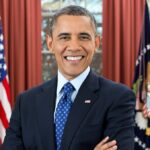
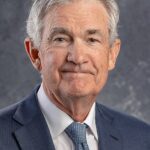
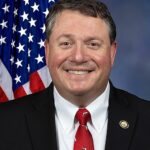
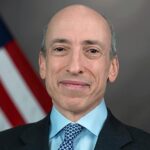
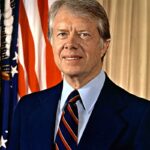
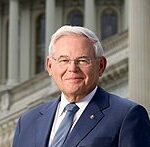
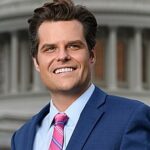
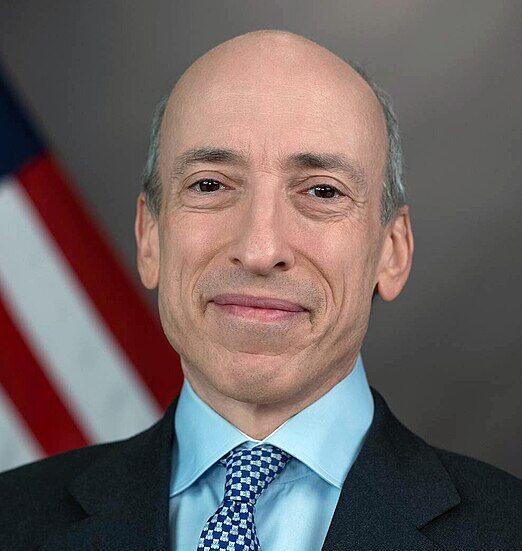
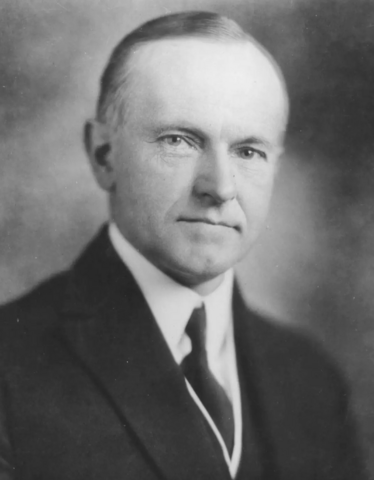
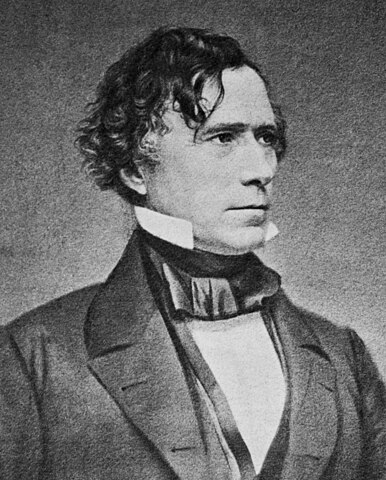
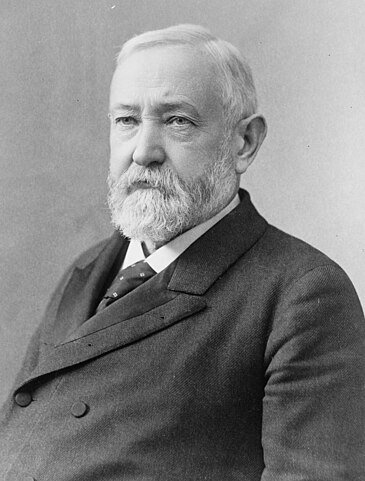
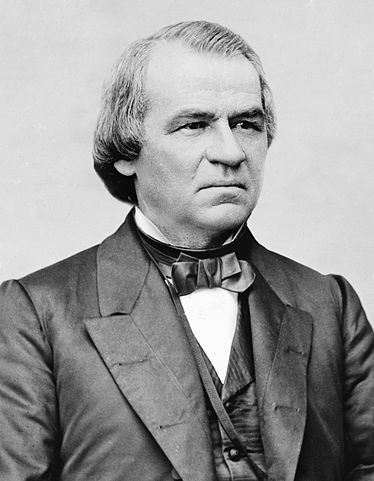

As an independent I am not fond of Obama. I have never been fond of Obama – I feel like he is something a shyster in that he will parrot back whatever seems to be in vogue. If throwing black people under the bus means middle America likes him better – awesome. If forgetting about LGBT causes makes him a bit more palatable – fantastic. If repeating back bias, unscientific rhetoric is what it takes to get ahead – so be it.
And that quite frankly disgusts me. Does that mean I think his scoring on this page is fair? No. It does however mean I can’t rate him more than a 3. He has handled some things really well, and he has also done a godawful job at other things. In many ways he was the lesser evil when it came to election time, but he might have done better if the American Voting population was so idiotic and deliberately uninformed.
There is no point in voting for a President who has no support from the Legislative branch – and all the old crooks, shysters, and morons were left in place or replaced by worst jokers. I could just about swear we need a better module in place to teach kids about how government works and how they can fix it a little better with only a bit more effort.
But yeah he could have been a better president, but I don’t know – he just doesn’t seem to get basic things like not bowing to the Republicans on economic matters and not bowing to the Democrats on social matters. He needed to have stood for something,because he ended up falling for a lot of malarkey. But it could have been worst – McCain/Palin and Romney/Ryan would have quite frankly killed this country… so yeah.